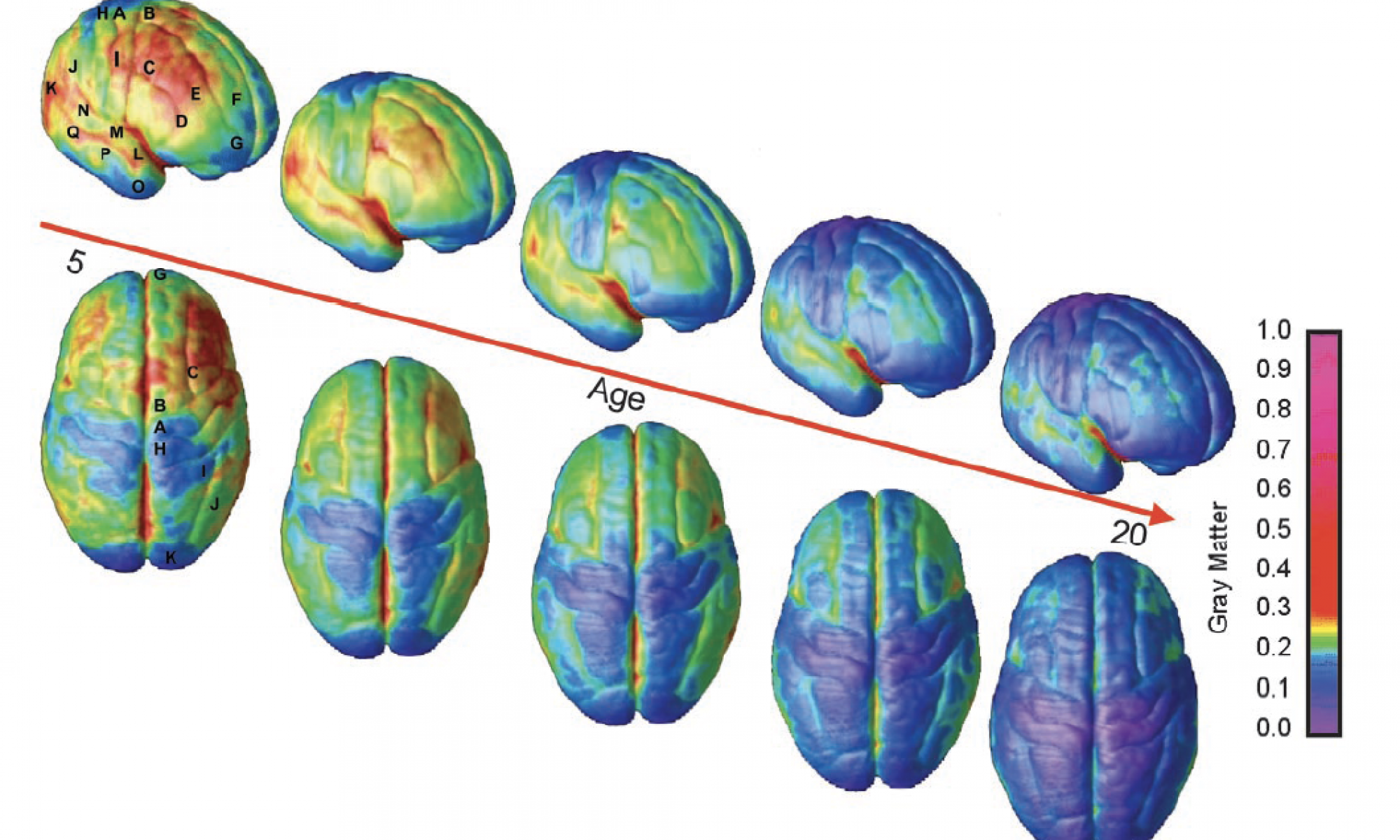After reading the article, the evidence shows the influence of music taste as a teenager. Based on what I read, the music we listen to as teenagers (aged 13 for females and 14 for males) determines our taste in music as adults. In my own life, I have seen evidence of this in my parents. The music they listened to as teenagers still influences what the listen to now as adults. My dad is now 50 and still listens to the same Octane and popular music he did as a teen. My mom will sing along to the 1980s classics radio station in the car, remembering every word and recounting memories about the songs from her life in high school, as she graduated in 1986.
Based on my background in neuroscience after being in our class, what the article says continues to seem true. As teenagers, we are most vulnerable to changes in our neurological pathways. Because puberty happens around these ages (13 and 14) for teens, the changes in brain chemistry result in more influential experiences during that time period. Music is a very emotionally charged sensory stimulant that affects our limbic system and prefrontal cortex. For this reason, it makes sense that music in particular during this time has the greatest influences on teens and what music they listen to in their adulthood. Our prefrontal cortexes and limbic systems are in the middle of their development as adolescents, so again, we are most susceptible to changes in our brain chemistry because music is an emotional stimulant and we can develop synapses more quickly. Therefore, our brain pathways for the rest of our lives really are shaped during puberty and adolescence.
I also read the New York Times article that this article was based on. The author, after doing research, stated that, “the patterns were clear. Even though there is a recognized canon of rock music, there are big differences by birth year in how popular a song is.” After the reading the studies done by NYTimes, it was further evidence of the fact that music taste in adulthood is heavily influenced by what we listen to as teenagers. My personal experiences, background knowledge on neuroscience, and research done by the NYTimes gives substantial evidence that what we listen to as teenagers influences what music we enjoy listening to as adults.
